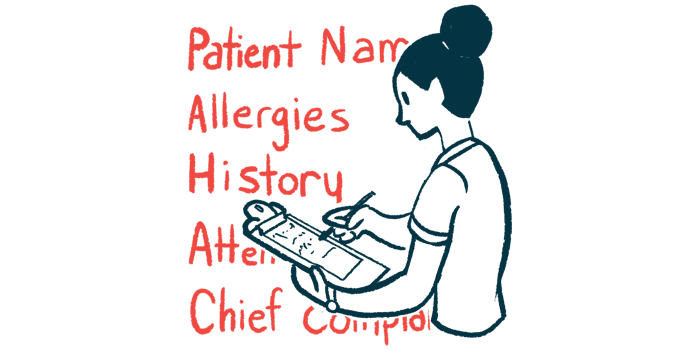AVR-RD-01 Gene Therapy Trial Now Open to Female Patients

Avrobio’s ongoing FAB-GT Phase 2 clinical trial, testing its experimental gene therapy AVR-RD-01 in adolescents and adults with Fabry disease, is now open to female patients.
The protocol amendment, implemented in August, allows girls and women with Fabry to participate in the trial, even though their symptoms are usually milder than those of male patients.
Under the amendment, the trial also was opened to patients with antibodies against agalsidase, the enzyme delivered through enzyme replacement therapy (ERT) that mimics the faulty enzyme in Fabry patients.
FAB-GT (NCT03454893), which is actively recruiting patients at sites in the U.S., Canada, and Australia, was previously exclusive to neutralizing antibody-free males, who are typically more severely affected than women and girls. More information on contacts and the four study locations is available here.
The recent changes in protocol also include the additional collection of data from study participants. Such data concerns each patient’s central nervous system — comprised of the brain and spinal cord — and cardiovascular system, Avrobio reported in a press release.
The company also announced that two additional males have been dosed in the trial, with its enrollment now totaling nine patients.
Safety and tolerability data from all nine patients will be shared later this year, and updated efficacy and durability results on all dosed patients are expected to be presented at the 18th Annual WORLDSymposium, set for Feb. 7–11, 2022.
Avrobio also is planning to engage the U.S. Food and Drug Administration to discuss a revised regulatory approach that includes the launch of a pivotal trial in mid-2022 to support a future regulatory request for AVR-RD-01’s approval as a first-line gene therapy for Fabry disease.
This study will compare the safety and efficacy of the gene therapy versus Sanofi Genzyme’s ERT Fabrazyme (agalsidase beta) in Fabry patients.
AVR-RD-01 is a cell-based therapy that uses a modified and harmless virus to deliver a healthy copy of GLA, the faulty gene in Fabry disease, to a patient’s blood stem cells.
The GLA gene provides instructions to produce the alpha-galactosidase A (Gal A) enzyme, whose deficiency leads to the toxic accumulation of fatty molecules, including Gb3 and lyso-Gb3, inside tissues and organs, damaging their function.
These stem cells, with the potential to generate other blood and immune cells, are collected from a patient’s bone marrow, genetically modified in the lab, and then returned to the patient through a single into-the-vein (intravenous) infusion.
Because other cells in the vicinity take up the Gal A produced by the modified stem cells, the therapy has the potential to restore the enzyme’s levels to normal ranges throughout the body.
AVR-RD-01 has received orphan drug designation in both the U.S. and Europe, which is meant to accelerate its development and regulatory review.
The ongoing FAB-GT Phase 2 trial, also called FAB-201, is evaluating the safety and effectiveness of AVR-RD-01 in up to 14 Fabry patients, ages 16 to 50 (18 to 50 in the U.S.), who have not received prior treatment.
Previous interim results showed that the therapy increased Gal A activity and reduced blood levels of lyso-Gb3 and Gb3 in the first four patients treated. These effects, including a generally stable kidney function, were sustained for at least 3.5 years post-dosing.
Typically, untreated Fabry patients experience a faster-than-normal decline in kidney health.
Also, after one year, the two patients with evaluable kidney biopsies showed 87–100% reductions in toxic Gb3 deposits.
The results suggest that the modified cells are successfully being incorporated into the patients’ bodies, allowing for the production and restoration of the working Gal A enzyme, according to Avrobio.
“Data from the patients dosed to date across three indications continue to support our first-in-class, one-time investigational gene therapies as potentially transformative treatments for the more than 50,000 people worldwide living with the life-limiting lysosomal disorders we are researching,” said Geoff MacKay, Avrobio’s president and CEO.
Two other of Avrobio’s experimental gene therapies are being tested in clinical trials for treating two other disorders — Gaucher disease and cystinosis — that, much like Fabry, are caused by the toxic buildup of molecules inside lysosomes, the recycling centers of cells.








